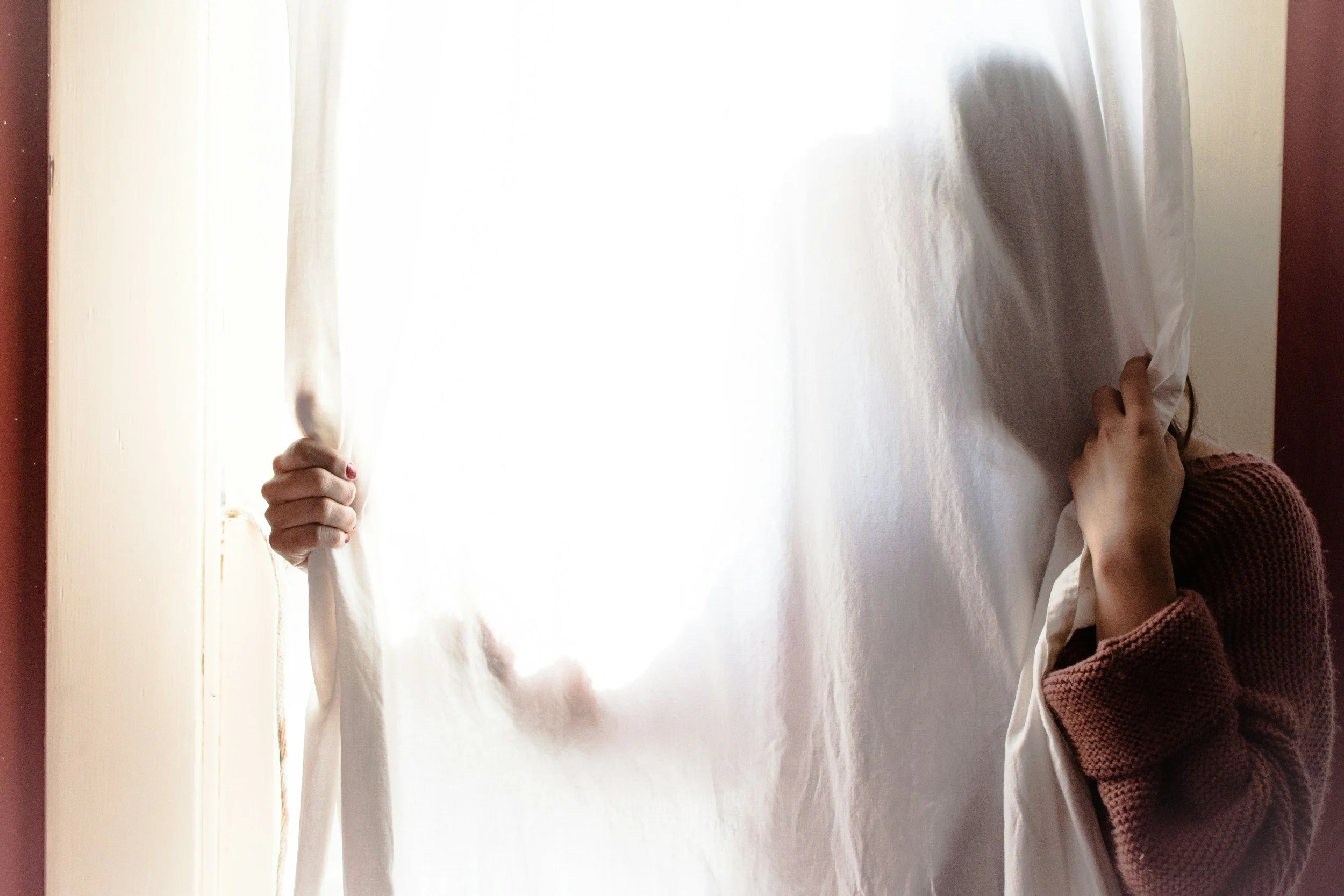Psychedelic casualty clients regularly describe encounters with entities during psychedelic experiences - goblins, aliens, divine mothers, shadow beings, deceased relatives, machine elves. They arrive at my door carrying these impossible experiences like strange and scary secret packages that they don't know where to put. And always, beneath the content, there's that deeper wobble: What does this mean about reality? About my sanity?
Why Psychedelic Casualties Don't Get Help...
What is a Psychedelic Casualty?
It can help to think of different types of trips as a series of nested circles. Within the set of all possible psychedelic trips lies the subset of challenging trips. Within challenging trips, we find bad trips, and within bad trips, a smaller subset: psychedelic casualties. Finally, within psychedelic casualties, there is an even smaller group—those who seek help.
Eco-Psychotherapy: Beyond Words and Walls
What I came to see was this: we suffer from a kind of cultural amnesia. This forgetting—this dislocation from land and sky and moss, and the old intimacies of place—is not random. It's systemic. Through childhood, and schooling, we are subtly but powerfully weaned away from our natural inheritance. We become proficient in abstraction while losing fluency in belonging.
"No Such Thing as a Bad Trip" - An Unhelpful Myth
For thirteen years now, on any given week, I’ve sat across from someone who has been harmed by a psychedelic experience, sometimes in very devastating ways. People who feel that madness or death are close at hand. People who haven’t been able to work or leave their house for 6 months. People who now live with a diagnosis and take anti-psychotic medication as a direct result of the trip. At other times they’re just shaken in ways they can’t name, but that won’t go away.
Blog coming out of Hibernation!
After 4 years, I’ve decided it’s time to start writing again. I’ll be releasing regular musings on many topics including Eco-Psychotherapy, Psychedelic Therapy, Bad Trip Integration and more. To stay up to date please subscribe to the newsletter.
Blog in Hibernation
Hello folks,
Just a note to say that writing blog articles has taken a back seat since mid-2020 as I am focusing on psychedelic psychotherapy, course development and delivery. Thanks for your interest, and I hope you enjoy some of my articles from the past below…noting that a lot of time has past, the world has changed, I have changed, and so on…
Psychedelics: Preparation
When was the last time you went on an adventure? When was the last time you gathered a few essential belongings, put your affairs in order, and left home to visit new and distant lands? Adventure - inward or outward - means leaving the comfort and safety of home and taking ourselves into new and unknown territory in search of new experiences, growth and learning. The overall aim and intention of the preparation sessions is that by the time the participant takes the medicine, they feel safe and comfortable, familiar with their guides, and well prepared to navigate whatever experiences may arise.
Psychedelics: The Shape of Research
At this stage, most legal psychedelic-assisted psychotherapy takes place as a part of a research trial. Australia’s first psychedelic-assisted psychotherapy trial began in 2020, and none have yet been completed.
It may be a long road, but my hope is that in the not too distant future, we in the West will have developed a powerful, evidence-based and coherent healing modality with psychedelic medicine at its core. I suspect in turn that this process will fundamentally alter our sense of what the psyche is, and how it can be healed.
Psychedelics: Can You Train a Sage?
It’s not hard to recognise an elder or a sage in the old stories. They usually come with easily identifiable white whiskers. Or live in an adobe hut on the edge of the village full of pots and poultices. They move slowly, and seem to move about the place not entirely entangled in the daily goings on, as though they’re seeing things the rest of us aren’t, or perhaps attending to a quiet inner voice.
How do we identify these people in the modern world? Do they come with a Cert IV in sagacity, having met all the aims and objectives, and attained all the necessary competencies? If such a certificate existed, would we pay it any mind? Should we?








